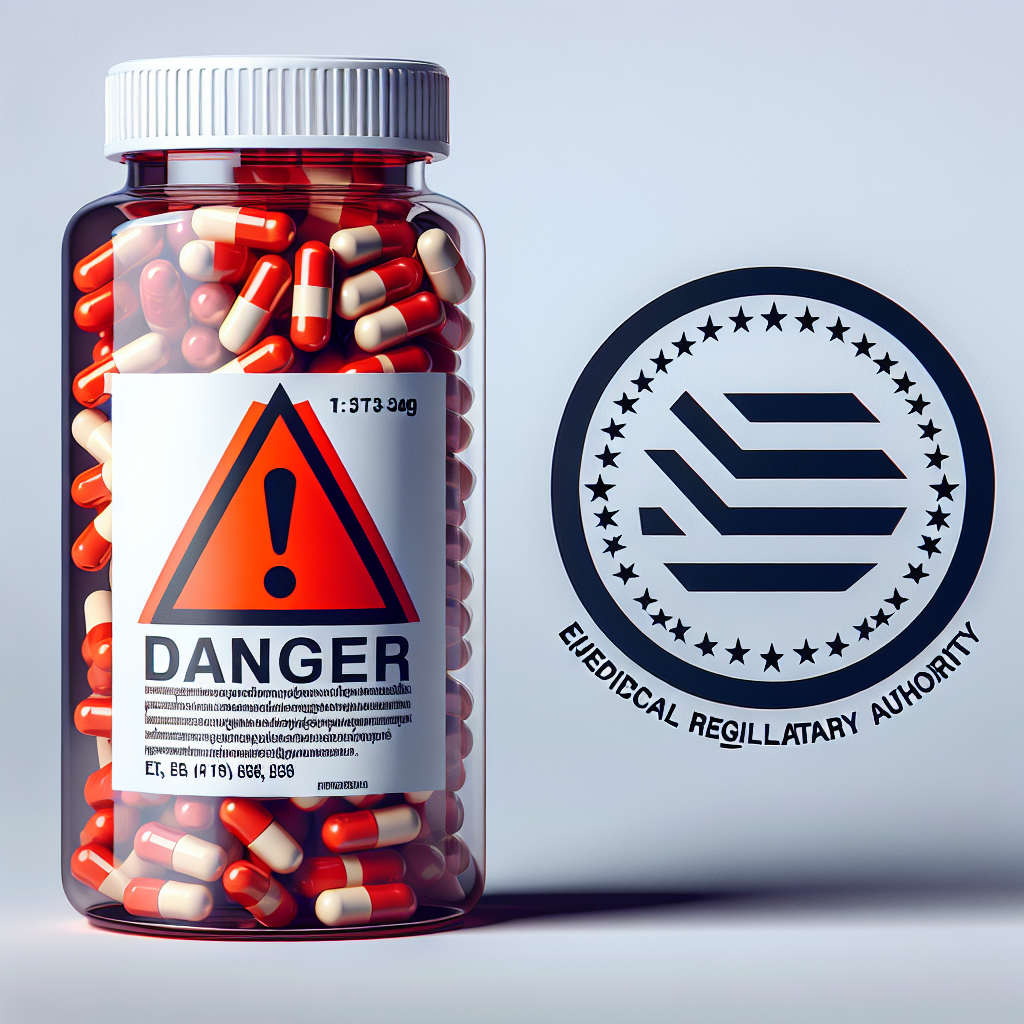The European Medicines Agency has issued a warning for individuals taking weight loss drugs like Wegovy and Zepbound to inform their doctors prior to any scheduled surgeries. This advisory comes from the agency’s Pharmacovigilance Risk Assessment Committee (PRAC), which has proposed new measures to mitigate the risk of respiratory complications during surgery for patients on GLP-1 treatments.
GLP-1 drugs, commonly used to manage diabetes and aid weight loss, mimic a hormone that regulates blood sugar and suppresses appetite. Key players in this market include Novo Nordisk, which produces Ozempic and Wegovy, and Eli Lilly, the maker of Mounjaro and Zepbound.
The PRAC highlighted that patients on these medications face the risk of aspiration and pneumonia aspiration—conditions that occur when food or liquids are accidentally inhaled rather than swallowed through the esophagus—especially during anesthesia and deep sedation. These complications can also arise when stomach contents travel back to the throat.
The committee reported that aspiration and pneumonia aspiration occur in approximately one in 900 to one in 10,000 general anesthesia procedures. Due to GLP-1 drugs delaying stomach emptying, even fasting patients may still have food in their stomachs at the time of surgery, increasing the risk of aspiration.
Although the PRAC was unable to establish a direct causal link between GLP-1 drugs and aspiration, it recommended that healthcare professionals consider the effects of these medications when used alongside anesthesia. The commission also announced that the product information for these drugs will be updated to include a warning about this risk.
Morgan Stanley analysts project that the global market for these drugs will reach $105 billion by 2030, up from a previous estimate of $77 billion. The investment bank also predicts that around 31.5 million people in the U.S., roughly 9% of the population, will be using these drugs by 2035.
